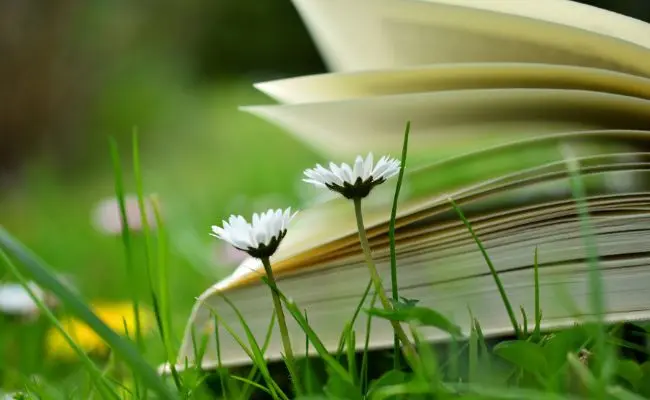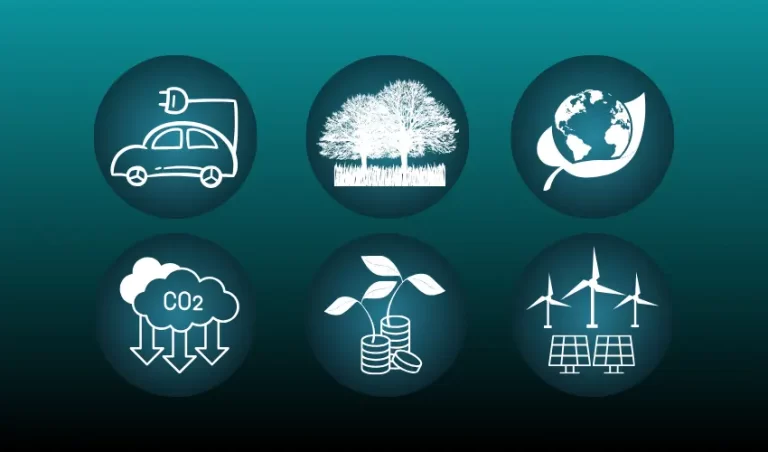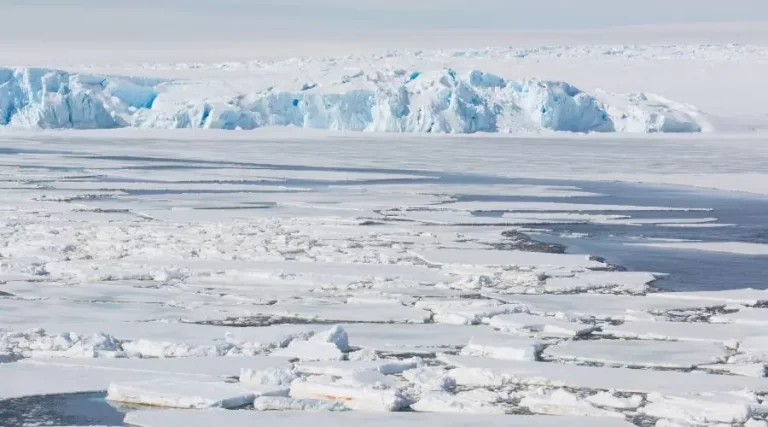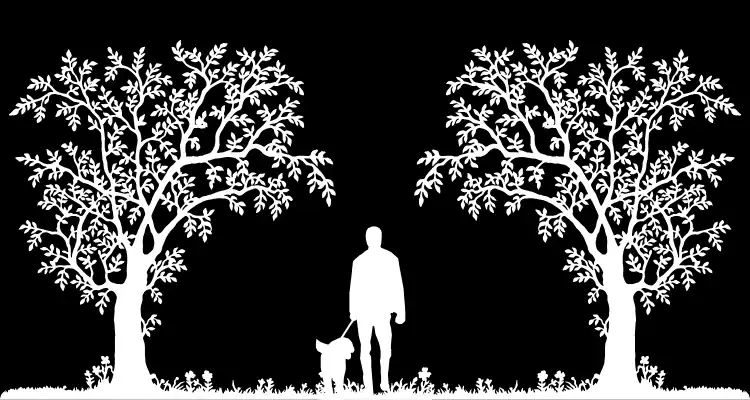20 School Project Ideas to Teach About Climate Change
Climate change is one of the most pressing global challenges of our time, and educating young minds about its causes, effects, and solutions is critical.
To help teachers inspire students, we’ve compiled a list of 20 engaging school project ideas designed to teach about climate change.
These projects are interactive, informative, and adaptable for various age groups, making them ideal for school settings.
1. Climate Change Timeline
Students can research and create a timeline showcasing key events and milestones related to climate change.
This could include scientific discoveries, international agreements like the Paris Agreement, and significant climate-related disasters. The timeline can be displayed as a classroom mural or digital presentation.
Skills Developed: Research, critical thinking, and collaboration.
Materials Needed: Poster boards, markers, or digital tools.
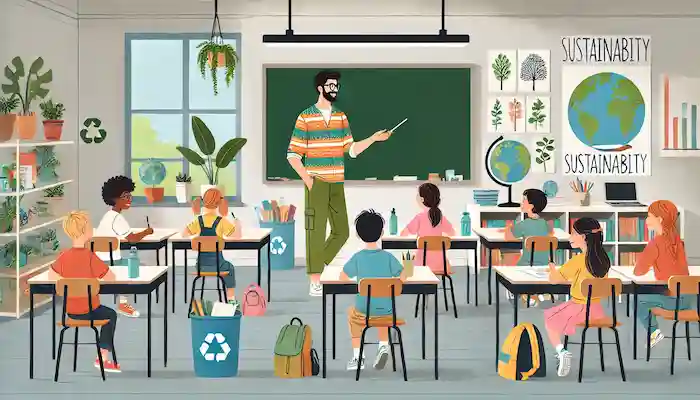
2. Carbon Footprint Calculating
Students can calculate their own carbon footprints using online tools. They can then present findings about how their daily habits (e.g., transportation, diet, energy use) impact the environment, along with actionable steps to reduce their footprint.
Skills Developed: Data analysis, problem-solving.
Materials Needed: Online access to carbon footprint calculators – the WWF calculator is a good option.
3. Miniature Greenhouses
Students can build miniature greenhouses to explore the greenhouse effect.
By comparing the temperature inside the greenhouse to the outside, they can better understand how trapped heat contributes to global warming.
Skills Developed: Hands-on engineering, experimentation.
Materials Needed: Plastic bottles, soil, plants, and thermometers.
4. Climate Change Role-Play Debate
Assign students roles as policymakers, environmentalists, business leaders, or citizens. Host a debate about balancing economic growth with climate action.
This activity can foster empathy and understanding of different perspectives.
Skills Developed: Public speaking, teamwork.
Materials Needed: Role cards and debate prompts.
5. Renewable Energy Model Building
Encourage students to build models of renewable energy systems, such as wind turbines, solar panels, or hydroelectric dams.
They can research how these systems work and their role in reducing greenhouse gas emissions.
Skills Developed: Creativity, engineering, and environmental science.
Materials Needed: Recycled materials, craft supplies, and small motors.
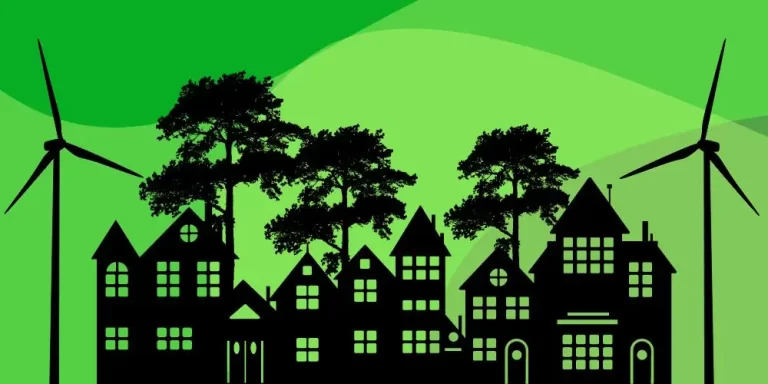
6. Local Climate Survey
Students can conduct surveys in their community to gauge awareness about climate change. They can analyse the data and suggest localised climate action initiatives based on their findings.
Skills Developed: Data collection, community engagement.
Materials Needed: Survey forms or digital tools.
7. Tree-Planting Campaign
Organise a tree-planting event at school or in the local community.
Students can learn about the role of trees in carbon sequestration and mitigating climate change.
Skills Developed: Environmental stewardship, teamwork.
Materials Needed: Saplings, gardening tools.
8. Compost Creation
Teach students how to create compost bins and explain how composting reduces waste and methane emissions from landfills.
The project can also tie into lessons on soil health and sustainable agriculture.
Skills Developed: Sustainable practices, biology.
Materials Needed: Compostable materials, bins.
9. Artwork about Climate Change
Students can create artwork to represent the impacts of climate change, such as rising sea levels, extreme weather, or biodiversity loss.
Display the art around the school to raise awareness.
Skills Developed: Creativity, advocacy.
Materials Needed: Art supplies, recycled materials.
10. Climate Fiction Story Writing
Challenge students to write short stories set in a future affected by climate change. These “cli-fi” (climate fiction) stories can explore potential solutions or consequences of in-action.
Skills Developed: Writing, imagination.
Materials Needed: Writing materials.

11. Energy Audit of the School
Students can assess the school’s energy use by tracking lights, electronics, and heating usage.
They can present recommendations for reducing the school’s energy consumption and carbon footprint.
Skills Developed: Analytical thinking, sustainability planning.
Materials Needed: Spreadsheet software to log usage records.
12. Biodiversity and Climate Change
Students can investigate how climate change affects local biodiversity.
This could include studying local plants, animals, and habitats to identify changes and discuss solutions to protect ecosystems.
Skills Developed: Observation, ecology.
Materials Needed: Field guides, notebooks.
13. Climate Change News Bulletins
Students can create a monthly newsletter or video bulletin covering the latest climate-related news and solutions.
This project helps keep the entire school informed and inspired to act.
Skills Developed: Journalism, communication.
Materials Needed: Computer, camera, or printer.
14. Climate Change Board Game
Students can design a board game based on climate-related scenarios.
For example, players might navigate challenges like extreme weather, resource scarcity, or transitioning to renewable energy.
Skills Developed: Game design, collaboration.
Materials Needed: Paper, dice, and markers.
15. Weather Tracking Experiment
Students can track weather patterns over a month and compare them to historical data to observe changes.
This introduces the concept of long-term climate trends versus short-term weather fluctuations.
Skills Developed: Data analysis, meteorology.
Materials Needed: Weather charts, thermometers.
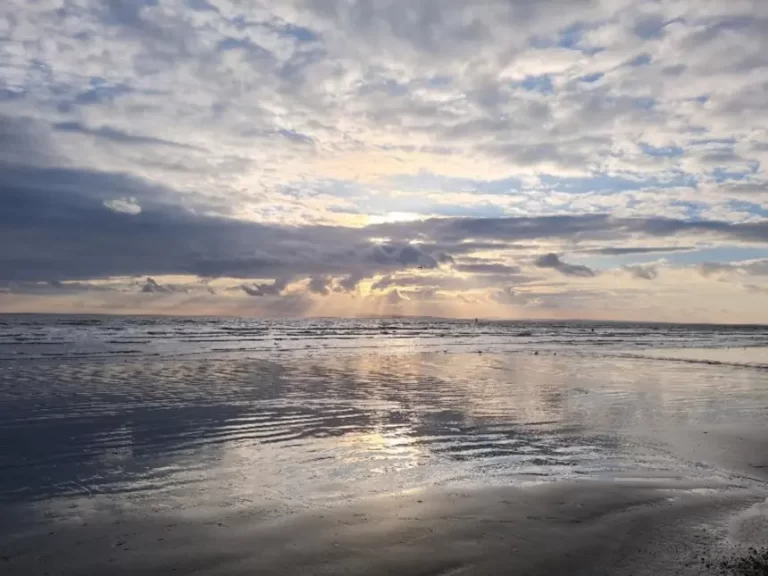
16. Upcycling Workshop
Students can collect waste items and transform them into new, useful products, like bags made from old clothes or planters from plastic bottles.
This project highlights the importance of reducing waste.
Skills Developed: Creativity, resourcefulness.
Materials Needed: Recycled materials, craft supplies.
17. Virtual Field Trip to Sea Level Rise
Leverage online tools or videos to take students on a virtual field trip to areas they recognise, showing the potential future impact of sea level rise.
Discuss the causes and consequences of polar ice melt, and the consequence of rising sea levels.
Skills Developed: Geography, environmental awareness.
Materials Needed: Internet access for online tools – The Climate Central tool is a good option.
18. Eco-Friendly Transport Campaign
Students can research the impact of transportation on climate change and create campaigns encouraging walking, cycling, or using public transport.
They can design posters or digital content for awareness.
Skills Developed: Advocacy, public speaking.
Materials Needed: Poster materials, digital tools.
19. Climate Change Documentary
Students can create a short documentary about climate change, focusing on its local or global impacts.
This project can include interviews, research, and visual storytelling.
Skills Developed: Filmmaking, teamwork.
Materials Needed: Camera, editing software.
20. Letters to Leaders
Encourage students to write persuasive letters to local or national leaders advocating for stronger climate policies.
This activity empowers students to use their voices for change.
Skills Developed: Writing, civic engagement.
Materials Needed: Paper, envelopes, or email access.
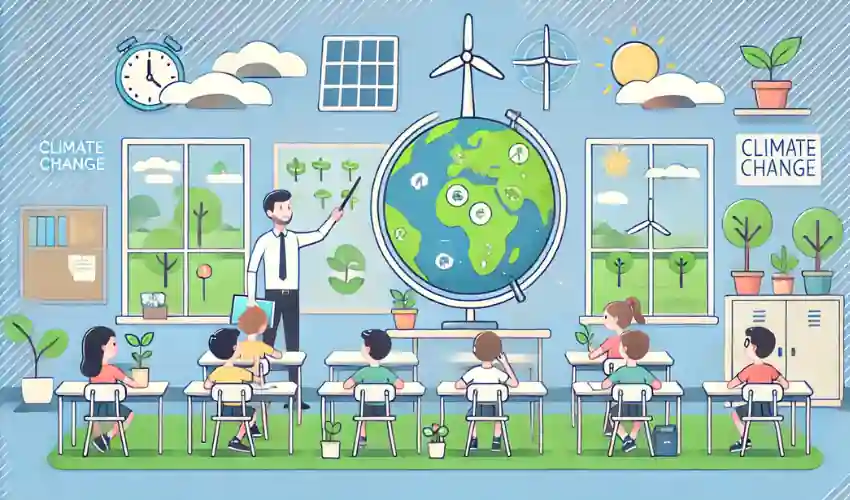
Inspiring the Next Generation About Climate Action
These 20 school project ideas provide engaging ways to teach students about climate change while fostering critical thinking, creativity, and action.
Whether through hands-on activities, community initiatives, or creative storytelling, these projects can help students grasp the importance of combating climate change and inspire them to be part of the solution.
By incorporating these activities into your classroom, you can empower the next generation to become environmentally conscious individuals. Start with one of these projects today and make climate education a cornerstone of your curriculum!
To support you further, we also recommend the following extra resources:
Teaching Sustainability in School: Guide & Activities
20 School Sustainability Project Ideas to Engage Students
20 Practical Sustainability Ideas for Schools
20 School Nature Projects for Students
Lastly, please feel free to let us know how you get on teaching your students about sustainability. Plus, we’re happy to hear from you with any further questions or resource requests you may have. Get in touch via the comments section below, or through our Contact & Collaborate page.

